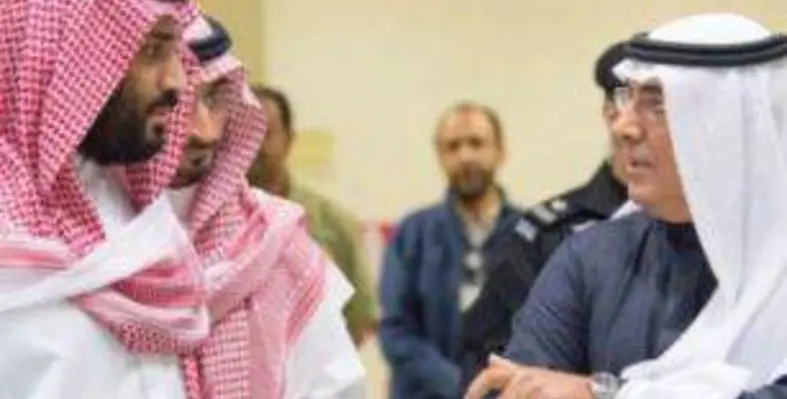Saudi Arabia?s Saline Water Conversion Corporation (SWCC) has achieved significant desalination goals with DuPont Sustainable Solutions (DSS) following a partnership in 2016 to help SWCC find ways to optimise operations and reduce production costs, while establishing a mindset of safe operations
The DuPont team carried out a range of operations assessments at four of SWCC?s most critical desalination plants and water transmission systems.
Saudi Arabia?s Saline Water Conversion Corporation (SWCC) was established in 1974 to develop seawater desalination plants throughout the kingdom to supply the population with drinking water and electricity. Today, the company is the global leader in seawater desalination and the second largest electricity producer in the kingdom. It maintains more than 7,000km of water pipelines for six national water transmission systems and runs 28 plants with a desalination capacity in excess of five million cu/m per day.
In 2016, Ali AL-Hazmi, appointed as the governor of SWCC, set about preparing the company to deliver on Saudi Arabia?s 2030 Vision. His goal with his SWCC team was to optimise the use of water resources and boost water storage and security. The company aimed to increase production from 3.5mn cu/m per day to 5.5mn cu/m per day by 2020.
The DuPont team carried out a range of operations assessments at four of SWCC?s most critical desalination plants and water transmission systems.
Abdullah Al Zowaid, SWCC deputy governor, operations and maintenance, explained, ?SWCC is focused on satisfying future water demands in Saudi Arabia, but we faced a number of challenges from a rapid increase in population to growing industrialisation and therefore increased water consumption. These combined factors widened the gap between water demand and supply. The DuPont expertise allowed us to maximise productivity and reliability, and to contribute to the overall cost optimization of our existing facilities. Their unique approach also had a positive impact on our risk management practices and enabled us to strengthen our safety culture.?
To measure the gap between actual performance and maximum potential for each SWCC facility included in the scope of the project, DSS developed a framework called Overall Equipment Efficiency (OEE). This gave SWCC better insight into the impact of key levers on the water unit cost. The framework accounted for various types of losses that affected three key operating parameters: availability, performance, and quality. In addition to OEE, DSS also assessed the key cost drivers that affect production including fuel, maintenance, electricity, and chemicals.
With the water unit cost largely determined by key drivers such as asset efficiency, pump and water transmission systems efficiency, maintenance and reliability, process and employee safety, and culture and performance management, DSS carried out a range of further activities concentrating on these areas within the organization. The consulting team conducted focus interviews and workshops, data analysis, as well as onsite investigations, which were further validated against leading best practices as brought in by DSS? relevant assessment partners.
This thorough evaluation allowed DSS and SWCC to identify quantifiable improvements that would reduce each facility?s water production losses and optimise costs.
In total, over 100 improvement initiatives were identified, many were implemented and resulted in cutting the cost of water between 10 and 30 per cent across the four facilities. Within 13 months of starting on the transformation project at the Jubail, Khobar, Yanbu and Shoaibah facilities, SWCC was able to increase daily water production by 1.4mn cu/m and set a global record with daily desalination capacity reaching five million cu/m in January 2018.
Al-Hazmi added, ?As we move towards privatization, we are working to improve our operational excellence and efficiency in desalination plants. We are focusing on five key aspects: health, safety and environment, human resources, reliability, profitability and energy saving. Our reliability targets in mechanical availability and utilisation are in line with international key performance indicators.
?We have improved availability in our desalination system by 12 per cent, and are working to reach to 98 per cent. With regard to profitability, we are targeting areas that are set to improve production by five to 10 per cent, in order ultimately to increase the capacity of our desalination plants from five million cu/m per day to 6.5mn cu/m. We also want to pioneer the most cost-effective desalination production and to be a global leader when it comes to the cost of making one million cu/m desalinated water.
The SWCC team was visited by HH Muhammad Bin Salman, Crown Prince of Saudi Arabia, on 24 January 2018 to congratulate SWCC on their achievement and adding, ?Increasing the production of desalinated water from 3.5 to five million cu/m per day, without capital investment, is a great achievement for Saudi Arabia.?








